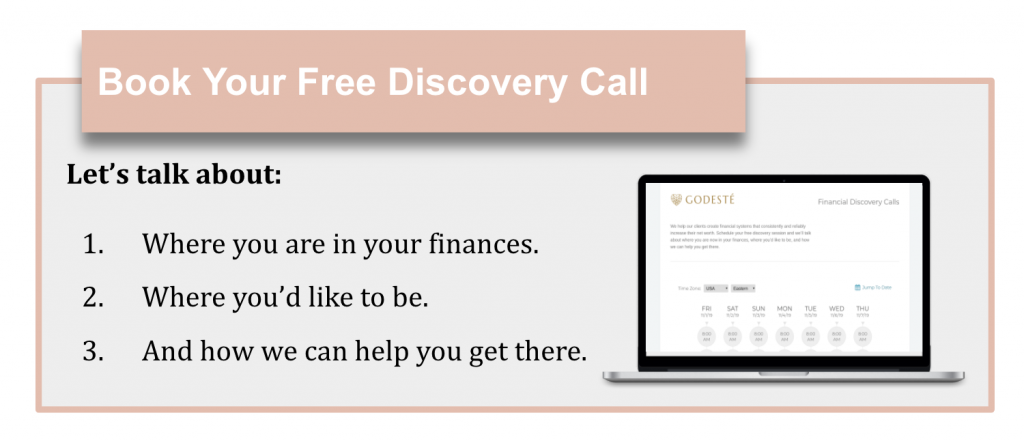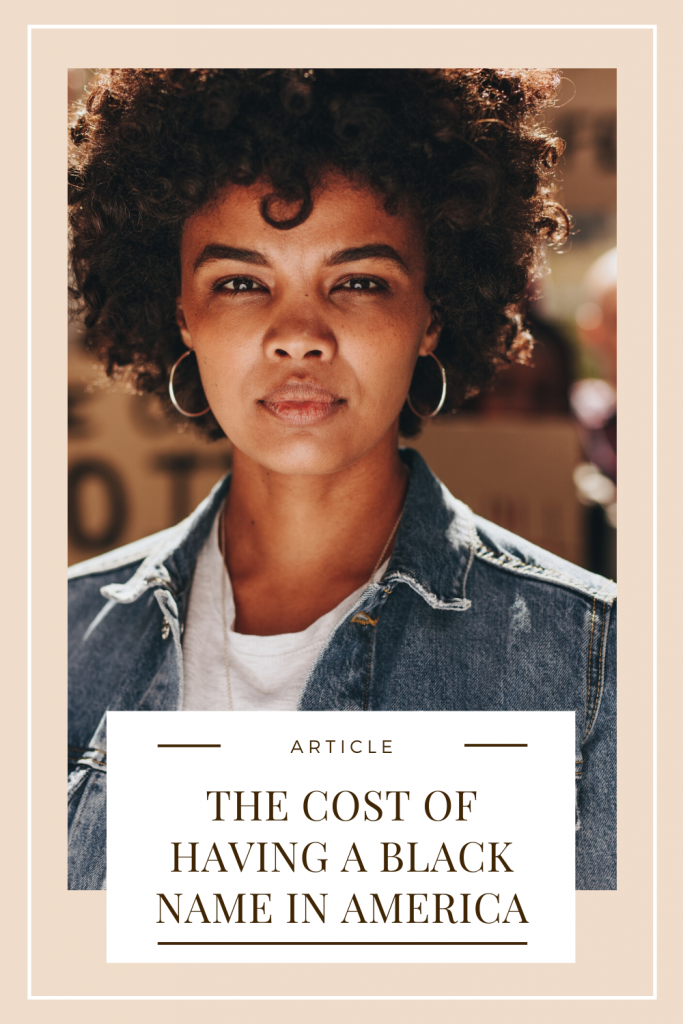In one of his most legendary plays, Romeo and Juliet, Shakespeare asks a simple yet monumental question: “What’s in a Name?”
Black people in America know the answer all too well. Black sounding names mean:
– Less opportunities
– Less jobs
– Less wealth
For Black people, something so simple as naming a new baby becomes an olympic exercise in honoring culture while shielding your child from the negative consequences of having the wrong name.
In his book, The Black Tax, Shawn Rochester talks about the cost of being Black in America. His discussion doesn’t center how racism has damaged Black identify and inflicted untold emotional pain. Instead, he focuses on the very real economic impact that comes from having Black skin.
One of the common refrains throughout the book though had nothing to do with skin color at all, but assumed skin color derived from name alone. Even the potential of being Black and having a Black-sounding name was enough to bring financial repercussions.
If you want to watch an hour long video where he raised some interesting points, you can do so here.
Your name is one of the very first markers of your identity.
Whether you’re Maggie, Marisol or Monique… this alone can you be used against you (Or for you. Yes, I’m looking at you, Maggie!) in a court of public opinion.
My name is Latasha.
My siblings are Tenecia, Shaniqua, and Treveyon.
This discussion is personal to me.
Not so I can try to anglicize my future children’s names or make them racially ambiguous like the women they use to promote racism and colorist division on TV.
Nope.
The goal is to understand the quantifiable ways our names have been used against us so that we can fight back.
Today, we’re talking about What’s in a Name: The Financial Cost of Having a Black Name in America








 It’s one thing to have a budget, but it’s another thing ENTIRELY to make it come to life.
It’s one thing to have a budget, but it’s another thing ENTIRELY to make it come to life.  For most people, that’s where the disconnect is. Not the budget itself.
For most people, that’s where the disconnect is. Not the budget itself.  Our Beyond the Budget Blueprint is specifically designed to help you fall in love with your budget and bring your goals to life.
Our Beyond the Budget Blueprint is specifically designed to help you fall in love with your budget and bring your goals to life.  $27, right now! Normally $197.
$27, right now! Normally $197.